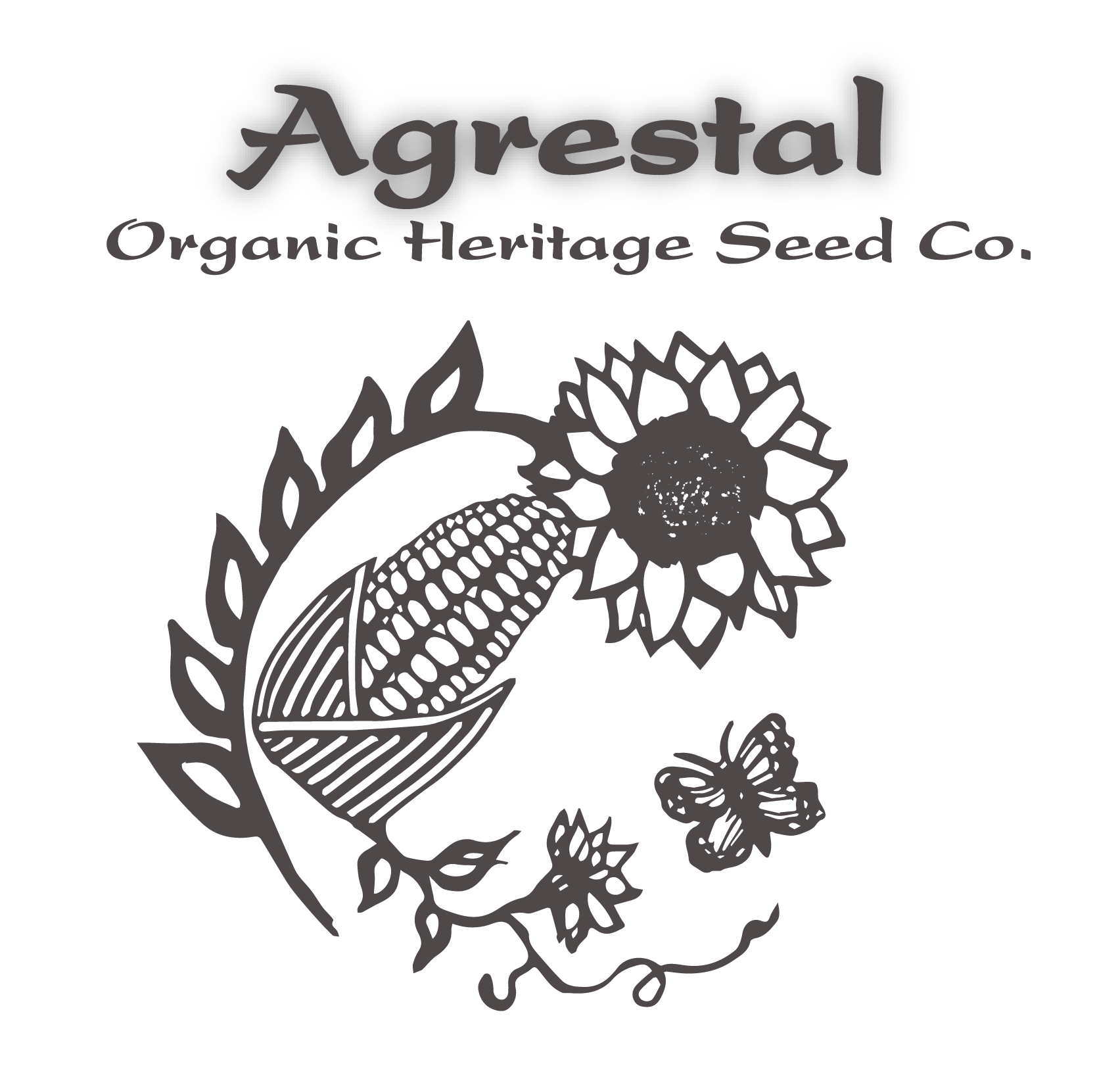

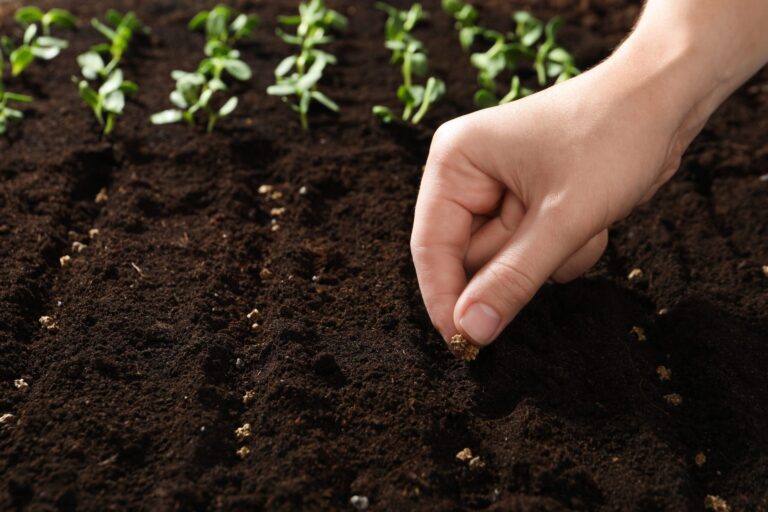
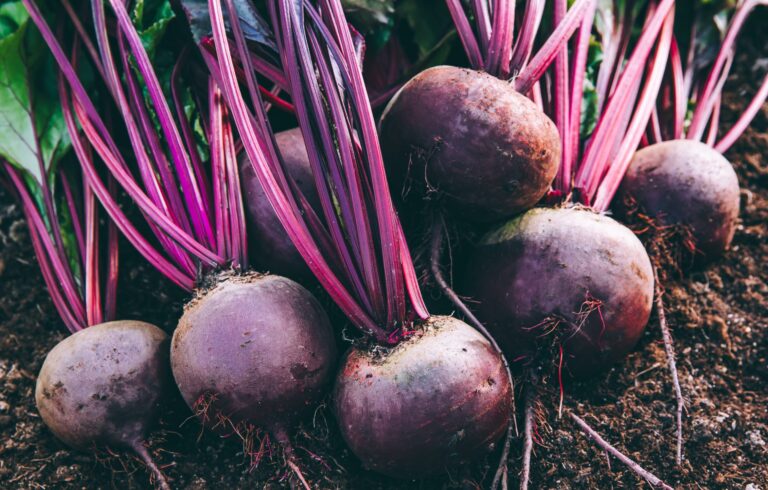
We are growing on a new field and following all the protocols, plus more, that are required to produce beautiful organic seed. The process and application to be deemed Certified Organic takes time, and rightly so. We are in that process, and look forward to our certification in the not too distant future.
“Organic farming promotes the use of crop rotations and cover crops, and encourages balanced host/predator relationships. Organic residues and nutrients that are produced on the farm are recycled back into the soil. Cover crops and composted manure are used to maintain soil humus. (...) Prohibited practises must not be used on certified farms for at least three years prior to harvest of certified organic products” (Ontario Ministry of Agriculture, Food, and Rural Affairs)
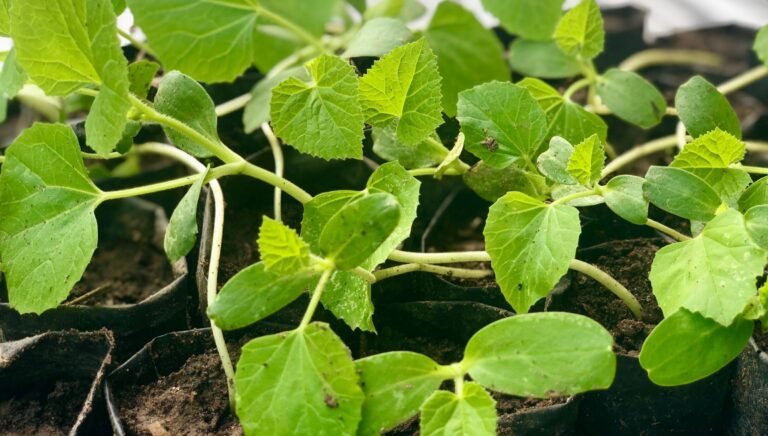
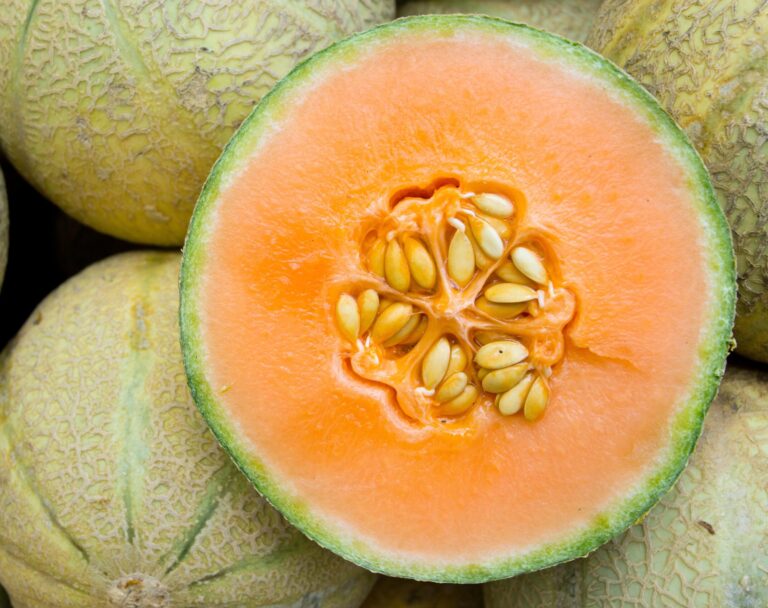
Worthy of Preservation
Worthy of preservation, if not for their genetic diversity alone, heirloom vegetables, herbs, fruits and flowers offer the gardener a glimpse into the purest world of botanical possibilities.
What defines a variety as “Heirloom”? In the broadest sense of the definition, heirlooms are those varieties which have been passed down from generation to generation. These are considered Family Heirlooms, brought across oceans, treasured in tightly sealed glass jars and carefully cultivated year after year. They are tried and true, carefully selected by their propagators for taste and dependability.
There are also Commercial Heirlooms, varieties which were developed pre-1940’s and sold through large seed houses.
More recently there have been a number of Created Heirlooms. These are “new” heirloom varieties created by cross-pollinating two (or more) different older heirloom varieties.
True-to-type
All of the seed we carry are open-pollinated varieties. This means that they will remain true-to-type, producing the same type of plant year after year, as long as cross-pollination does not occur. If you plan on saving seed to re-plant next year, be sure to adhere to the necessary distancing requirements for each variety. Please also be aware that these are not hybrid varieties and as such plants produced from the same seed packet will not all necessarily grow the same height nor mature at exactly the same time. Sometimes acts of nature will occur, producing rogues, or different looking varieties, for example, a cob of dark red corn, in a field of white cobs. Embrace these moments of unbridled nature and consider yourself fortunate to be host to such an event.
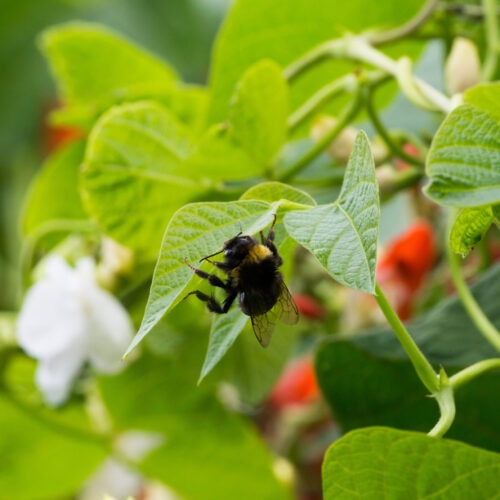
Just like everything else we do in our garden, we are very hands-on when it comes to planting and harvesting our wonderful seeds. We enjoy connecting with the earth.
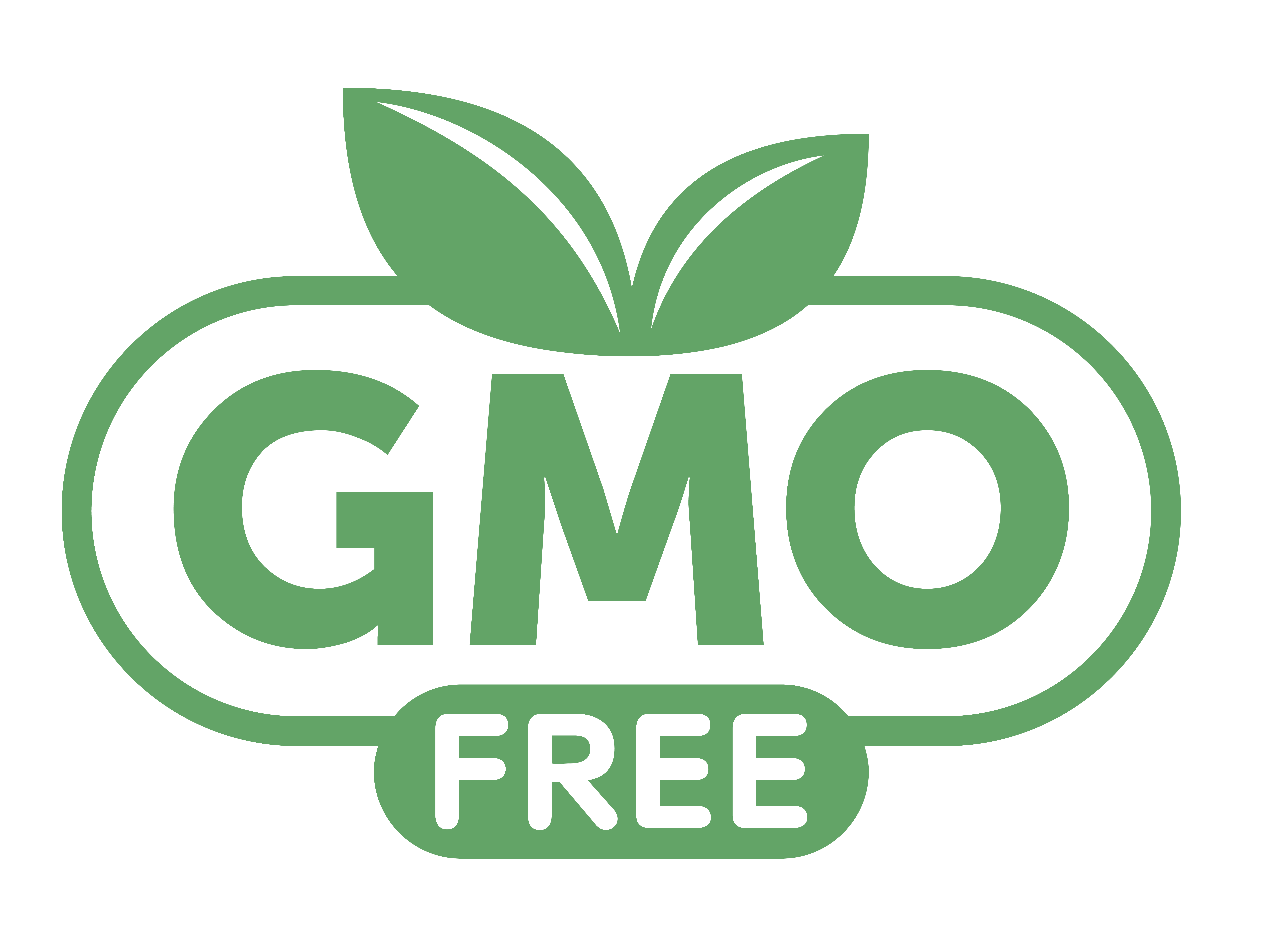
We do not knowingly buy, sell or grow any genetically modified seed, nor are we aware of any genetically-modified crops growing within our proximity. Having said that, there is always the possibility of genetic drift.

We do not grow or sell chemically treated seed. Adherence to planting the right variety of seed in the correct weather condition eliminates the need for fungicide.
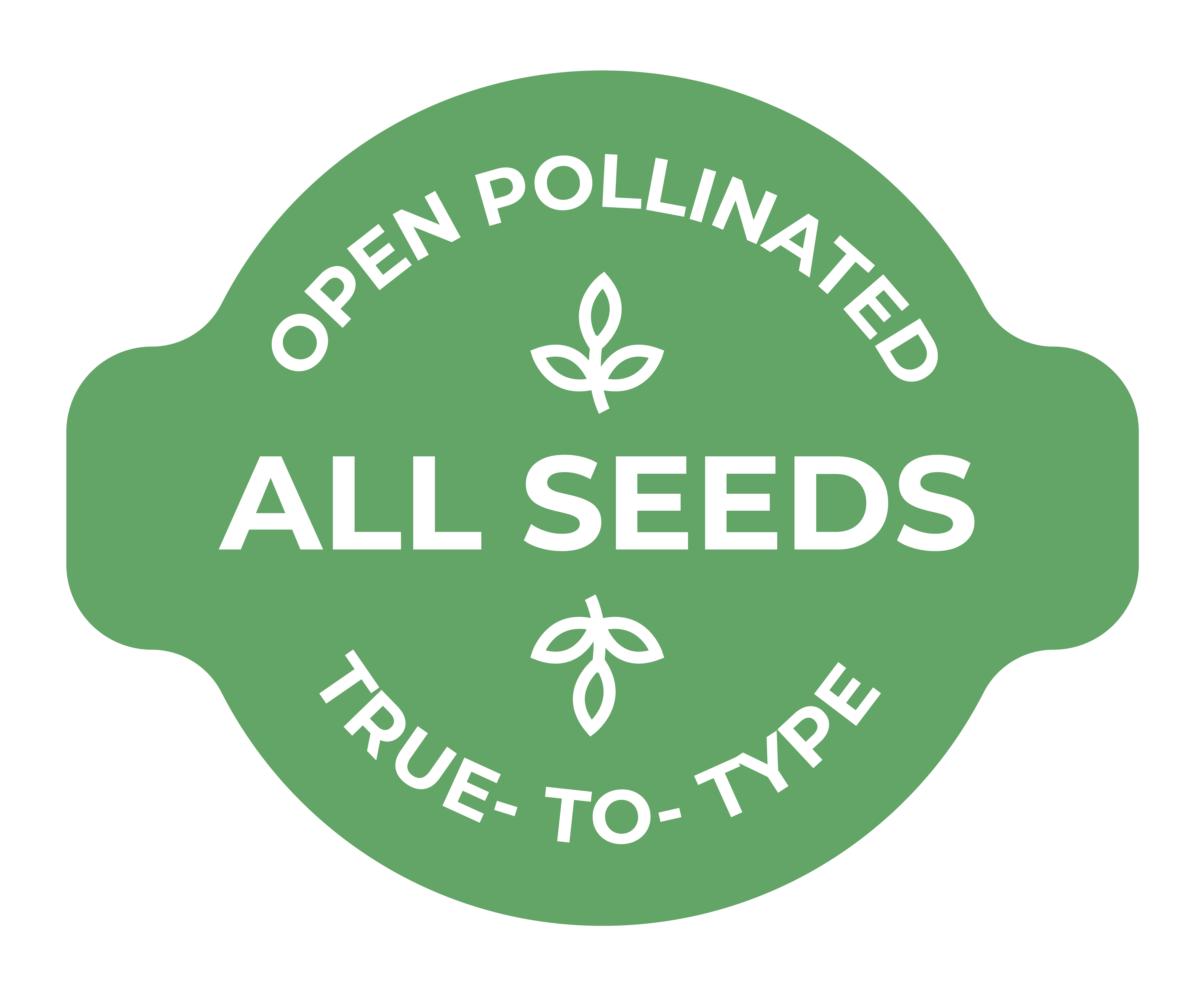
We do not knowingly grow or sell hybrid seed. Hybrids are the result of cross-pollinating (hybridizing) two (or more) different types of a variety to produce another. Unfortunately, this newly formed other is often limited to the first generation of plantings.